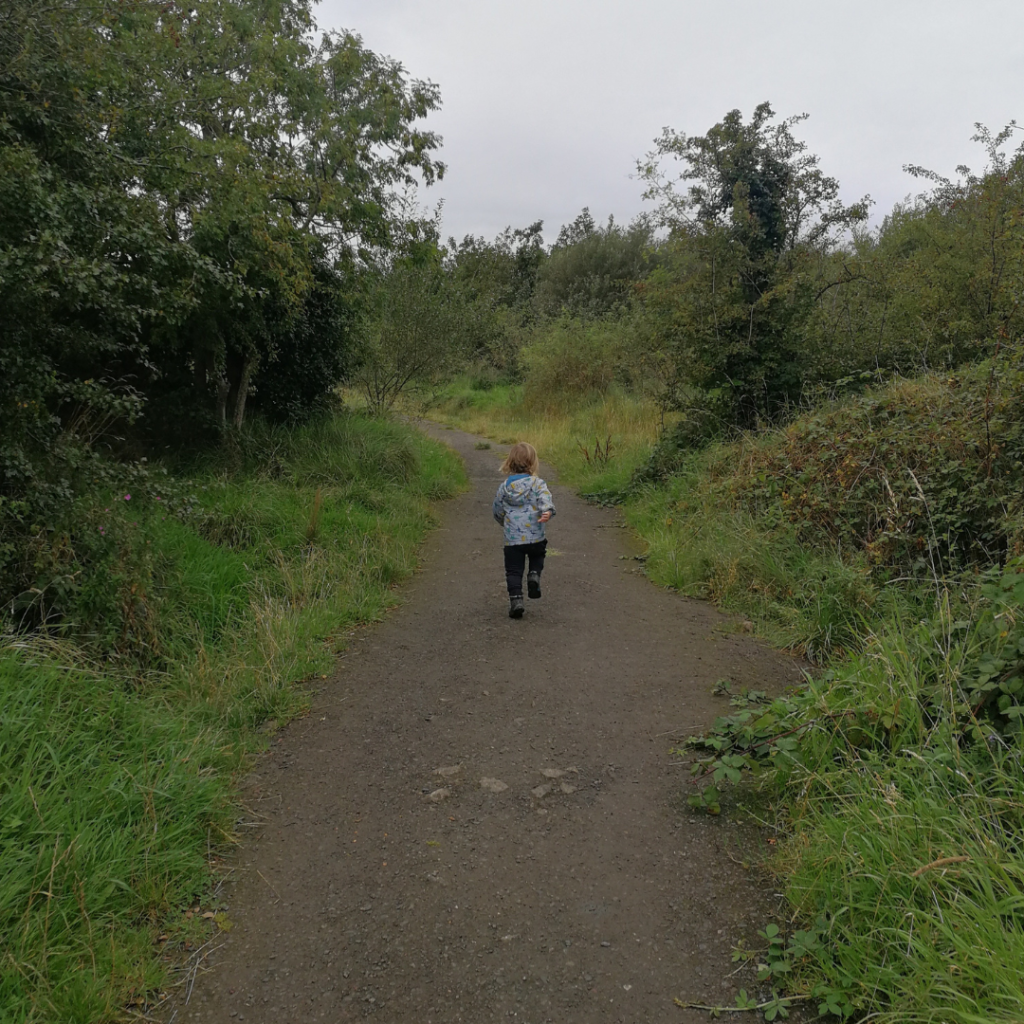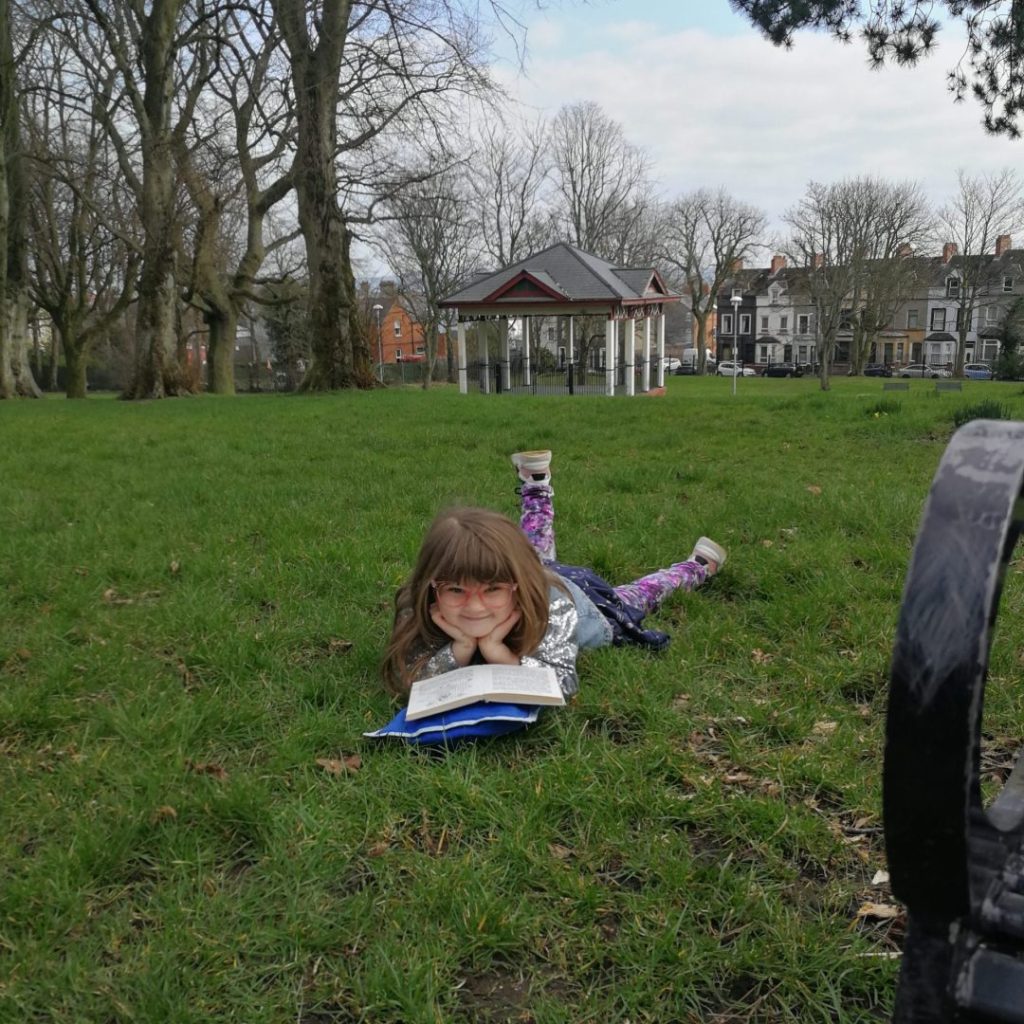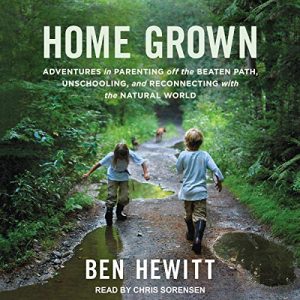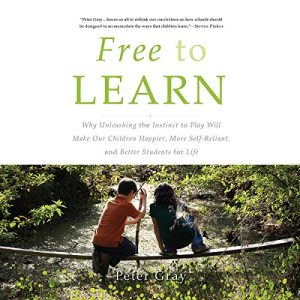What is Home Schooling (and How Does it Differ from Home Education)?
Home schooling generally refers to the practice of educating children at home while emulating the school environment. This can include implementing a dedicated or widely adopted standard curriculum purchased from a home school provider. The curriculum, can alternatively, be designed by the parents or guardians.
In this context, the term “home schooling” is often used to describe a more structured and formal approach to home education. The focus in home schooling may lean towards replicating a traditional school environment. This can include adopting a strict routine, set holidays, defined curriculum, educational textbooks, and regular assessments.

What is Home Education (and Why It’s More Flexible Than Home Schooling)?
Home education refers to any form of education that takes place primarily at home, whether through traditional methods or more alternative approaches. This includes home schooling, as well as unschooling, road schooling (learning while travelling), unit studies, online learning, co-ops, and other alternative education methods.
Home education tends to embrace a broader, more holistic approach to learning. It may involve incorporating life skills, experiential learning, and a more personalised curriculum tailored to the child’s interests and pace. Home education often extends beyond formal academic settings, encompassing everyday activities, real-world experiences, and a diverse range of resources beyond textbooks.
Home education is often associated with flexibility and autonomy in the learning process. Parents may have more freedom to choose teaching methods, resources, and evaluation strategies.

What is your parental responsibility in the UK?
It should be remembered that in the UK, we are legally required to ensure our children receive an education, but this does not mean we are obligated to provide a traditional school environment. This distinction is important, as it allows families the flexibility to choose an approach that works best for their child’s needs and learning style.
While I often use the term Home Education on this blog to describe our families approach, it’s important to note that this can look different from the structured, formal settings you might find in a school. Although we incorporate routines and schedules into our day-to-day activities, we also embrace a more flexible, child-centred approach. At times, our learning is less structured, allowing for spontaneity, exploration, and a more organic flow to our educational journey.
Why Distinguish Between Home Education and Home Schooling?
There have been attempts over the years to register children and assert more control over Home Education in the UK, with suggestions to make it more like school in terms of timetables, topics, curriculum, and standardised assessments.
These attempts have culminated in the highly controversial Children’s Wellbeing and Schools Bill 2025, which has emerged after years of government discussions. This bill proposes new measures to monitor and track home-educated children, under the pretence of safeguarding and protecting children. However, there is no clear evidence to support the claim that these measures will effectively achieve that goal. Many critics argue that the proposed measures are an overreach and may lead to unnecessary bureaucracy, without providing any real benefit to the wellbeing of home-educated children.
As a result, many home educators feel passionately about differentiating between Home Education and Home Schooling. This distinction is important to emphasise that school is not a requirement and is not the model they follow. While there can be some overlap between the two terms and some parents/guardians may use them interchangeably,
- Home Education tends to be a broader concept that encompasses a wider range of educational approaches and philosophies.
- Home Schooling generally refers to a method of educating children at home while replicating the school set up.
Home Education FAQs Series
This post is part of a series of Frequently Asked Questions about Home Education in the UK. Whether you’re new to Home Education, considering it in the future, or you know someone who is, reviewing the list of FAQs can be a great starting point.
You can find answers to common questions such as “Is Home Education Legal in the UK?” or “Why do some families choose to Home Educate?” and many more. If you’re interested in receiving updates about my Home Education FAQs Ebook, sign up below to be added to the list!
Do you differentiate between the terms Home Education and Home Schooling? Tell me in the comments below.
This post contains affiliate links, which means Barefoot Bliss and Books make a small commission at no extra cost to you. See the full disclosure here.
FURTHER READING ON HOME EDUCATION
If you’re curious about different philosophies or approaches to Home Education, here are some book recommendations and reviews that dive deeper into these topics:
A Book Review of “Home Grown” by Ben Hewitt: Unschooling, Vitamin N, and A Simple Life – This book provides a wonderful perspective on unschooling and living a simpler, nature-based life. If you’re exploring alternative approaches to Home Education, this is a must-read.
Book Review: The Brave Learner by Julie Bogart – Julie Bogart’s The Brave Learner offers a warm, practical guide to nurturing a joyful and flexible learning environment. She encourages parents to embrace the messiness of education and focus on fostering curiosity, creativity, and a love for learning, rather than rigidly adhering to a set curriculum.
In Free to Learn, Peter Gray explores the importance of play and intrinsic motivation in children’s learning. He argues that traditional schooling often stifles creativity and natural curiosity, proposing that children thrive when given more freedom to explore the world on their terms. This book is an essential read for those interested in child-led learning and exploring alternatives to the traditional education system.
Wild and Free by Ainsley Arment focuses on the beauty of homeschooling through a more flexible, nature-based approach. Ainsley encourages parents to embrace the wildness of childhood and cultivate an educational environment that honors each child’s uniqueness. The book offers inspiration for homeschooling families who wish to nurture their children’s natural love for learning while encouraging creativity, exploration, and hands-on experiences.





[…] Home Education refers to the practice of providing education to children at home that is not based on religious or […]